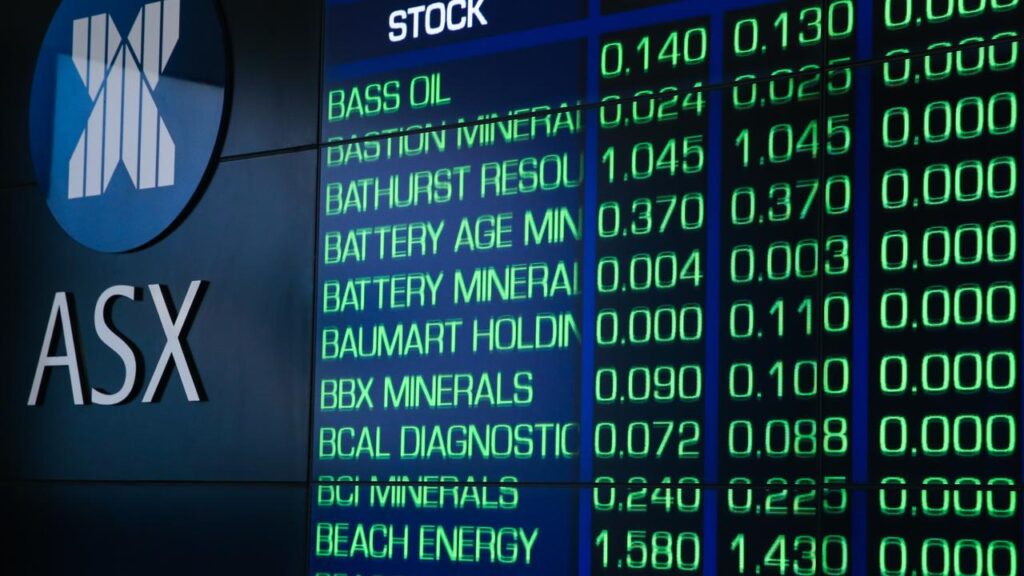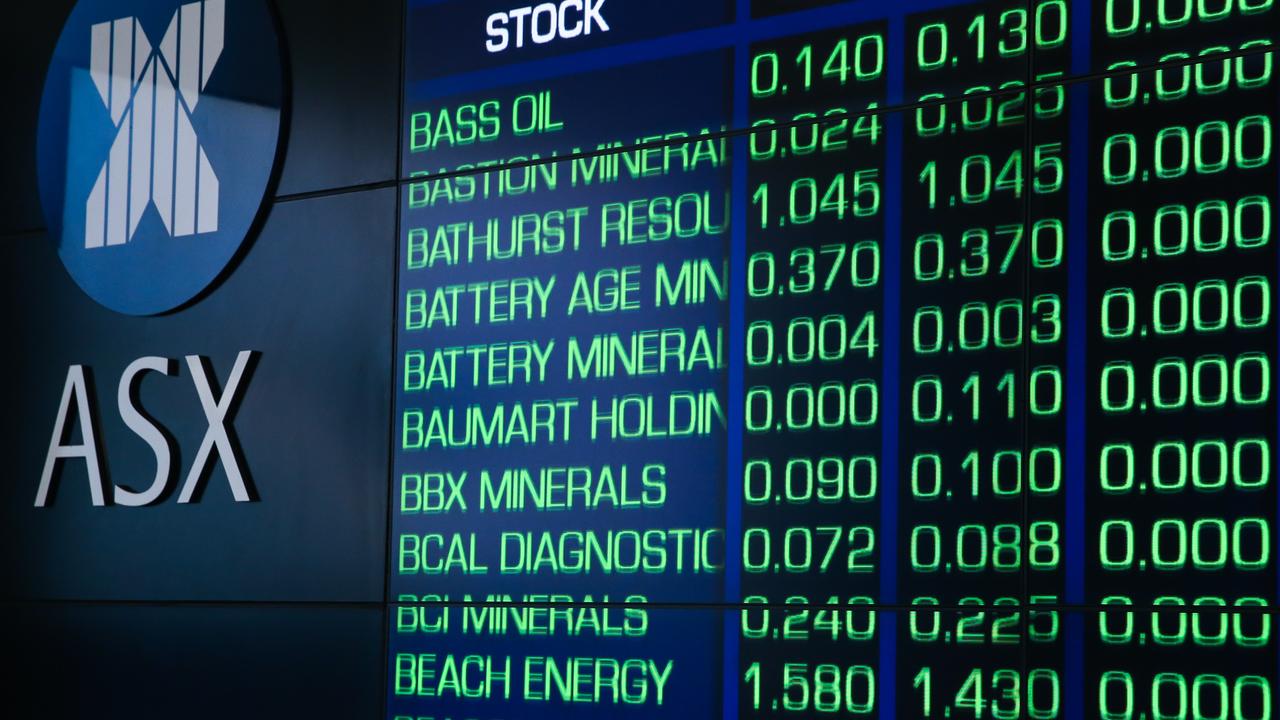On Friday, September 26, 2025, the S&P/ASX 200 closed at 8,787.7 points, marking a modest gain of 0.17% for the day and a 0.2% increase for the week, breaking a three-week losing streak. The market’s performance was influenced by sector-specific developments and global geopolitical tensions, with healthcare stocks under pressure due to U.S. tariff announcements, while defence and energy sectors demonstrated resilience.:
The ASX 200’s slight uptick was driven by gains in the defence and energy sectors. Defence technology companies such as Electro Optic Systems and DroneShield experienced significant stock price increases, attributed to heightened geopolitical tensions and increased defence spending. In the energy sector, companies like Vulcan Energy saw positive movements, bolstered by announcements of new projects and partnerships. Conversely, the healthcare sector faced challenges following former U.S. President Donald Trump’s announcement of a 100% tariff on imported pharmaceuticals unless companies establish manufacturing facilities in the U.S. This policy change led to a decline in the share prices of Australian healthcare companies, including CSL and Pro Medicus, despite CSL’s efforts to mitigate the impact through its ongoing U.S. expansion plans.
Investors may consider focusing on sectors that are less susceptible to international policy changes, such as defence and energy, where domestic and regional factors play a more significant role. While the healthcare sector presents long-term growth potential, the immediate impact of U.S. tariffs introduces uncertainty, warranting a cautious approach for short-term investments. Diversification across sectors and regions remains a prudent strategy to navigate the current market landscape.

The Australian market’s performance on September 26 reflects the complex interplay between domestic sector strengths and global geopolitical developments. While sectors like defence and energy show promise, the healthcare sector’s exposure to international policy changes underscores the importance of considering global factors in investment decisions. Australian investors should remain vigilant and adaptable, monitoring both domestic and international developments that could impact market dynamics.
Internationally, markets are grappling with the implications of U.S. policy changes, particularly in trade and tariffs. The announcement of tariffs on imported pharmaceuticals has reverberated across global markets, affecting companies with international operations. Additionally, geopolitical tensions have led to increased defence spending, benefiting companies in the defence sector. These global developments have direct implications for Australian companies with international exposure, influencing investor sentiment and market performance.
Investors should stay informed about upcoming U.S. policy decisions and their potential impact on global markets. Regularly reviewing sector-specific performance and adjusting portfolios accordingly can help mitigate risks and capitalise on emerging opportunities.


